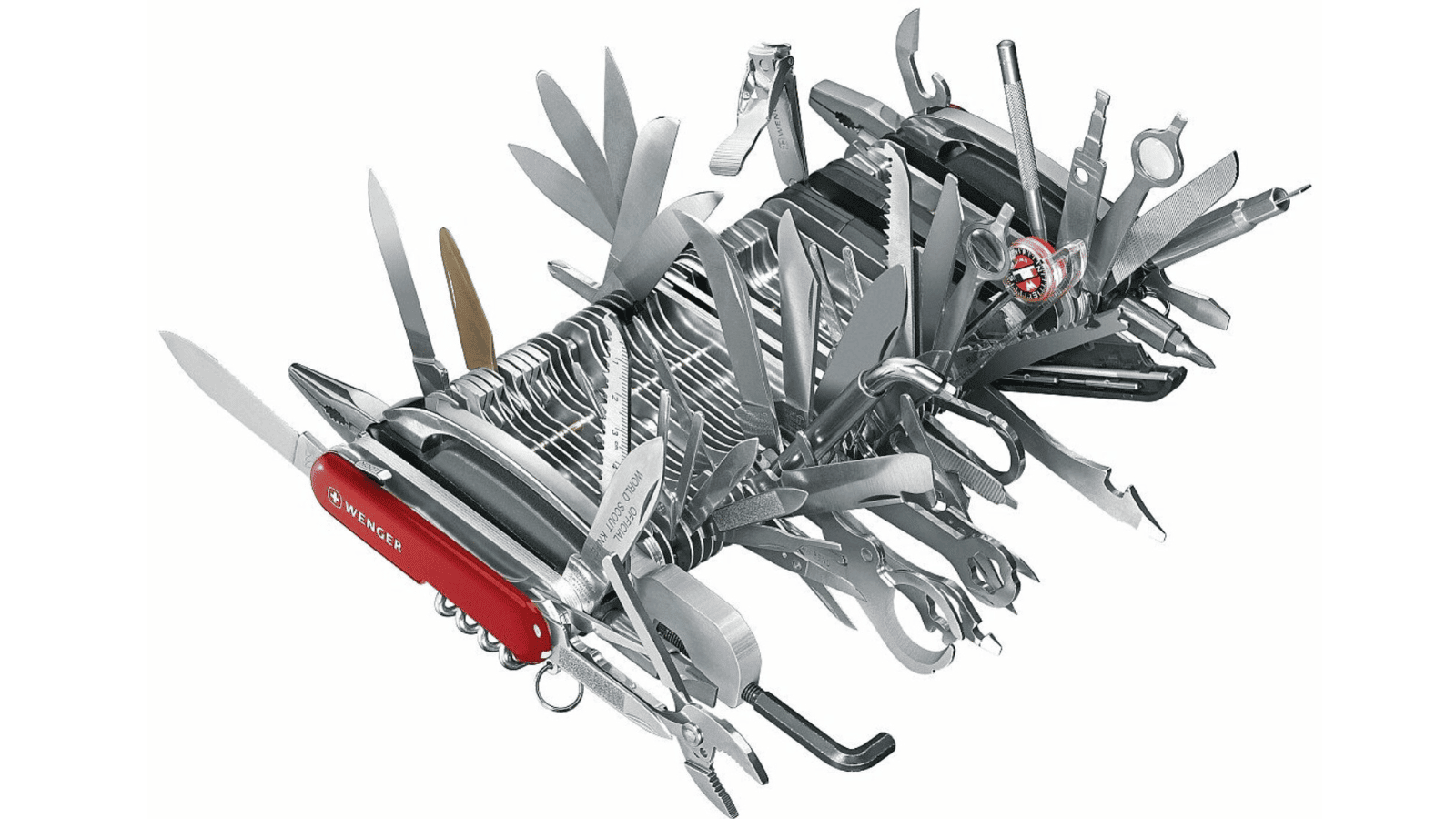The role is more critical—and more complex—than ever.
We often say that there is no single job description for a COO. And likewise, there is a large variety of scope and responsibilities within the role. Add in differences driven by size of company and industry and sometimes I wonder if we ever have anything in common!
The reality is, each COO is bound by the primary responsibility for a company’s operations. Of course, “operations” can mean many different things. For instance, some COOs have Human Resources report to them while others do not. Software development or IT services may report to the COO, while in other organizations, those functions report to the CIO or CTO. We could go on as we compare and contrast typical functional areas across companies.
External Forces Have Made a Huge Impact on the COO Role
Prior to the 2020s, COOs have dealt with economic booms and busts, the Y2K challenge, and global conflicts. These events forced executives to recalibrate spending and investments, operational footprints and more.
Then, seemingly overnight, the role is facing enormous pressures from evolving social, political and environmental factors. The COVID-19 pandemic exploded onto the scene and, combined with the other elements, ushered in even more challenges for the COO. Environmental impact reduction, DEI initiatives, supply chain resiliency, new remote and hybrid workforces, increased minimum wage pressures and reshoring are the new lexicon of a COO.
According to a 2023 McKinsey study, 71% of operations leaders said their role had changed more in the past five years than in the previous twenty. This pace of transformation is unprecedented, and COOs are now expected to be not just operators, but innovators, technologists and transformation leaders.
Enter Artificial Intelligence
If COOs did not already have enough on their plates, new AI technologies hit the stage in a flurry, adding yet another set of challenges. Businesses are quickly trying to “figure out” their AI strategy and often, the COO is in the lead.
Our AI conversation around the table at COO Forum has exploded since 2024; moving from, “What are some AI tools?” to full-scale implementation plans across multiple functions of their businesses. This has placed tremendous pressure on COOs to not only scale up their own AI knowledge but to apply it across the organization.
We recently had Geoff Woods present at COO Forum on the topic of using generative AI (think ChatGPT) as a Strategic Thought Partner. This use case goes beyond employing AI to generate marketing content. Instead, he shows how COOs can bring AI’s knowledge base into the conversation in order to develop innovative strategies to tackle their toughest challenges.
A 2024 Deloitte report revealed that 62% of companies have already embedded AI into at least one core business function. Of those, operations was the second most common area for AI deployment, just behind customer service. This shows the increasing expectation that COOs must be at the helm of digital transformation.

The Expanding COO Toolbox
Beyond AI, today’s COO is now expected to navigate:
-Digital transformation initiatives
-Cybersecurity risks and compliance
-Sustainability and ESG metrics
-Cultural and workforce transformation
-Cross-functional innovation
This shift in responsibilities has made COOs more cross-disciplinary than ever before. It's not uncommon to see a COO actively involved in strategic planning, board-level decisions and even investor relations.
In fact, according to Spencer Stuart, 45% of sitting COOs now have prior experience in strategy or finance—a noticeable departure from the traditional "operations-first" resume. That experience mix reflects the increasingly hybrid nature of the role.
Where Does This All Take the COO Role?
Does AI become the "one more thing" added to a COO’s plate? Do some COOs evolve into the Chief AI Officer (CAIO)? Very possibly. Time will tell. One thing is for certain, the speed of change in this arena is very fast. Plan to learn, adapt and pivot quickly. Just like you always have.
COOs have long been the stewards of execution. But today, they are also visionaries of transformation, architects of resilience, and integrators of human and machine potential.The role is more critical—and more complex—than ever.

